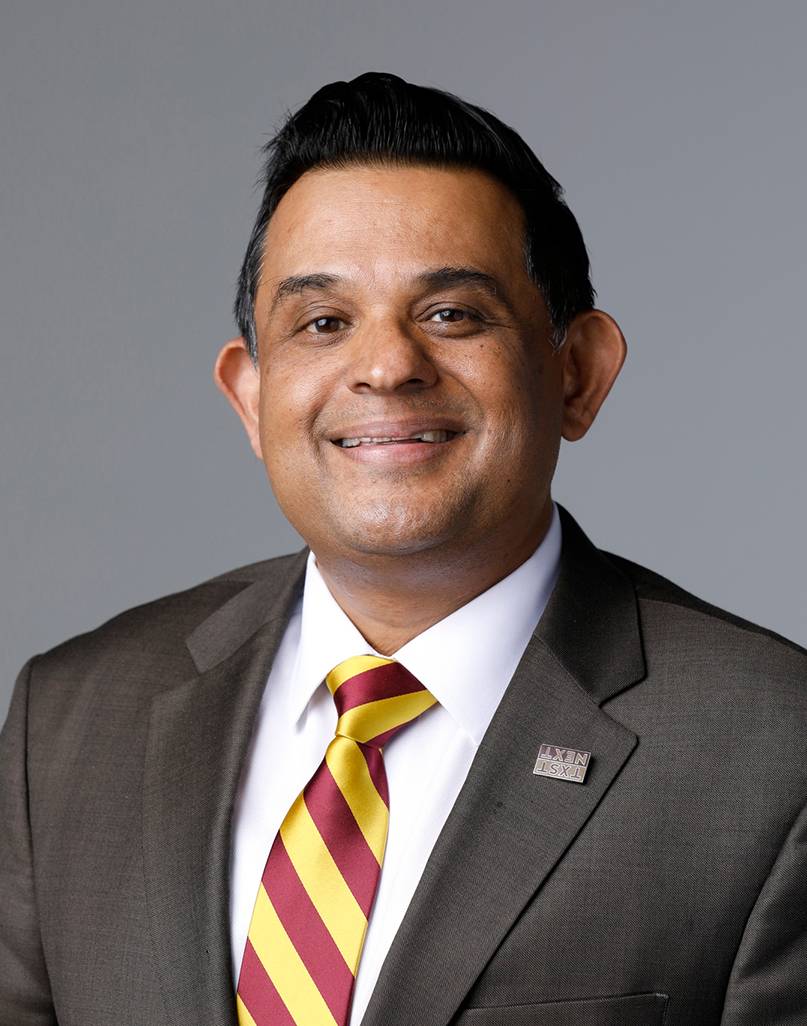Texas State University has received a $7.5 million award from the National Science Foundation (NSF) to establish the CREST Center for Ultrawide Bandgap (UWBG) Semiconductor Device Materials, a national hub for pioneering research, training, and innovation in next-generation semiconductor technologies.
The five-year initiative, directed by Edwin L. Piner, Ph.D., professor in the Department of Physics, will unite faculty experts, students and industry collaborators to advance UWBG materials and devices with high speed, performance and energy efficiency. Research led by Ariful Haque, Ph.D., Yoichi Miyahara, Ph.D., and Damian Valles, Ph.D., College of Science and Engineering, will integrate state-of-the-art materials fabrication, processing and characterization with modern artificial intelligence (AI) modeling to transform investigations of semiconductor heterostructures.
